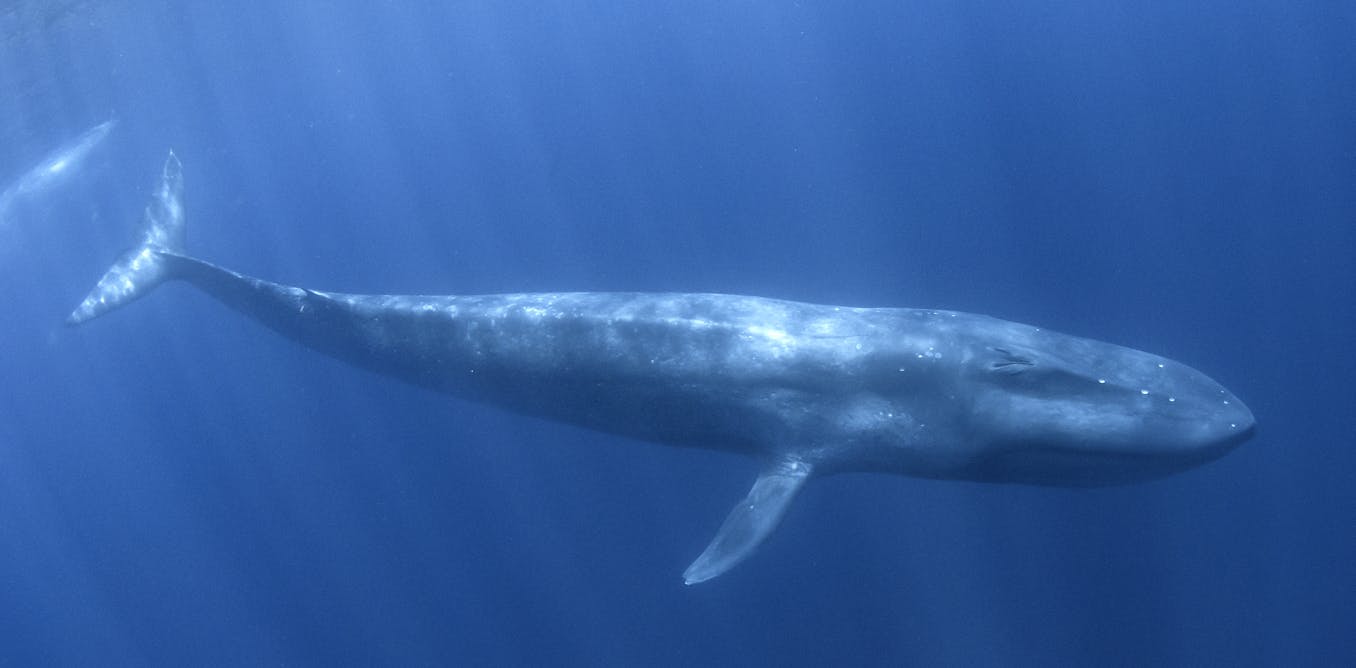
Guillermo del Toro’s Pinocchio Review
Early on in Guillermo del Toro’s Pinocchio, in a church, the little wooden boy — a gnarly, twisted, ramshackle figure, new to the world but already causing consternation due to his mere appearance and unruly behaviour — peers up at a huge, wooden sculpture of the crucified Christ. “Why do they love him, and not me?” Pinocchio asks his father of the recoiling locals. “They sing to him.” Your heart murmurs; your soul shudders. This isn’t what you expect from Pinocchio.
No other adaptation of Carlo Collodi’s 1883 novel has done what Guillermo del Toro does. That discomforting, chilling, confrontational little scene is a microcosm of this stop-motion odyssey, bringing together many of its themes — a child’s confusion (and sadness), the forces that frown upon him for his uniqueness, a father’s struggle to make his son — and himself — happy. Del Toro has his name glued to the title for good reason — not for glory, but as a warning. This is not a cute film. It’s more The Devil’s Backbone than Disney, Pinocchio by way of Pan’s Labyrinth.

You know how the story goes: the brat mucks about, tells lies and must learn to behave. But that’s not quite the run of things here. If anything, this is an ode to disobedience, set in the late 1920s during Mussolini’s early reign, where, as del Toro has said, everyone in Italy acted like puppets. And it is not mere allegory. Mussolini is in this film, which does not shy away from its preoccupations — authoritarianism, mortality, death, loss. So, very much a del Toro joint.
del Toro’s Pinocchio looks like what such a creature probably would look like, especially one created via a drunken rage
Co-writing the screenplay with Patrick McHale (Adventure Time), del Toro — who directs alongside stop-motion supremo Mark Gustafson — gets dark fast. Geppetto (David Bradley) and his flesh-and-blood son Carlo (Gregory Mann) are blissfully happy until, suddenly, Carlo dies, tragically, brutally. Grief-stricken, Geppetto loses his way, finally breaking down in a drunken rage at Carlo’s grave, pledging to recreate him there and then, carving a wooden boy (also Mann) from a tree in the middle of the night. Given life, Pinocchio makes his way through the world, navigating exploitative con-artists and fascists, who want to smooth off his edges or, worse, make him sing patriotic propaganda.
The film is a cry for independence, and the aesthetic follows suit. Taking inspiration from artist Gris Grimly’s spiky, spindly take on the character, del Toro’s Pinocchio looks like what such a creature probably would look like, especially one created via a drunken rage. He is a misshapen tree monster. Nails stick out of him haphazardly. He only has one ear. Other characters are just as idiosyncratic. The Blue Fairy is now more like a godlike gargoyle, a benevolent wood sprite played by Tilda Swinton, who also voices her less sympathetic sister, Death, who visits Pinocchio intermittently. Both have wings peppered with blinking eyes; both are spine-tingling creations that usher the film into a metaphysical realm. And the mighty sea beast is, of course, magnificent, a great Lovecraftian brute.
In the nuance, too, there is artistry to spare, to swoon over. A priest’s sunken eyes and sullen cheekbones. Shards of sunlight slicing through Geppetto’s roof into the attic. The ribs on a dog. It’s all a bit jagged… as is the film itself. Maybe it makes sense that this paean to imperfection is not perfect. There are songs, which are fine, but feel a little misplaced. And the film is not always as emotionally engaging as it might like to be. But it does get there in the end. And what a touching ending it is: a deeply human, grown-up deviation from Collodi’s original.
Which sums it all up. Del Toro is never enslaved by the novel, yet remains faithful to its spirit: its playfulness, its cynicism, its anarchy — and its heart. And here, Guillermo wears his own heart — and soul — on his sleeve. It is the most philosophical, existential Pinocchio adaptation yet. It gets in your bones.
Guillermo del Toro’s perspective runs through every frame of this unique retelling, which isn’t afraid to tackle troubling themes. A sincere, soulful exploration of what it means to be human.
Related Articles

Guillermo Del Toro Shares Never-Before-Seen At The Mountains Of Madness Footage
Movies |

Guillermo Del Toro’s Pinocchio Trailer Promises A Fairytale Of Morality And Mortality
Movies |

Guillermo Del Toro’s Pinocchio Will Get Its World Premiere At London Film Festival 2022
Movies |

Guillermo del Toro’s Pinocchio Trailer Teases A Spellbinding Dark Fairytale
Movies |

Guillermo Del Toro’s Pinocchio Movie Shares First Teaser Trailer
Movies |









































































